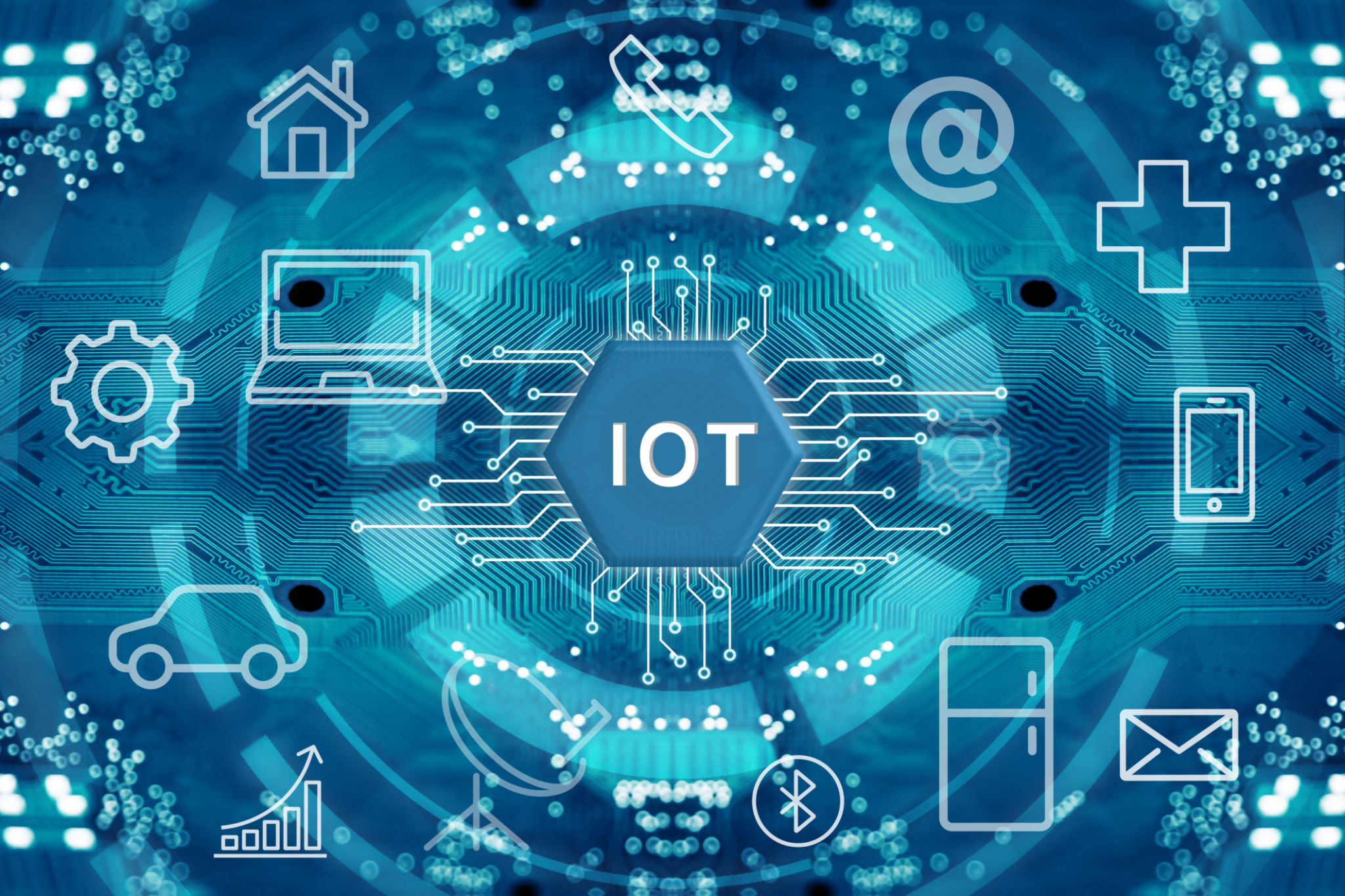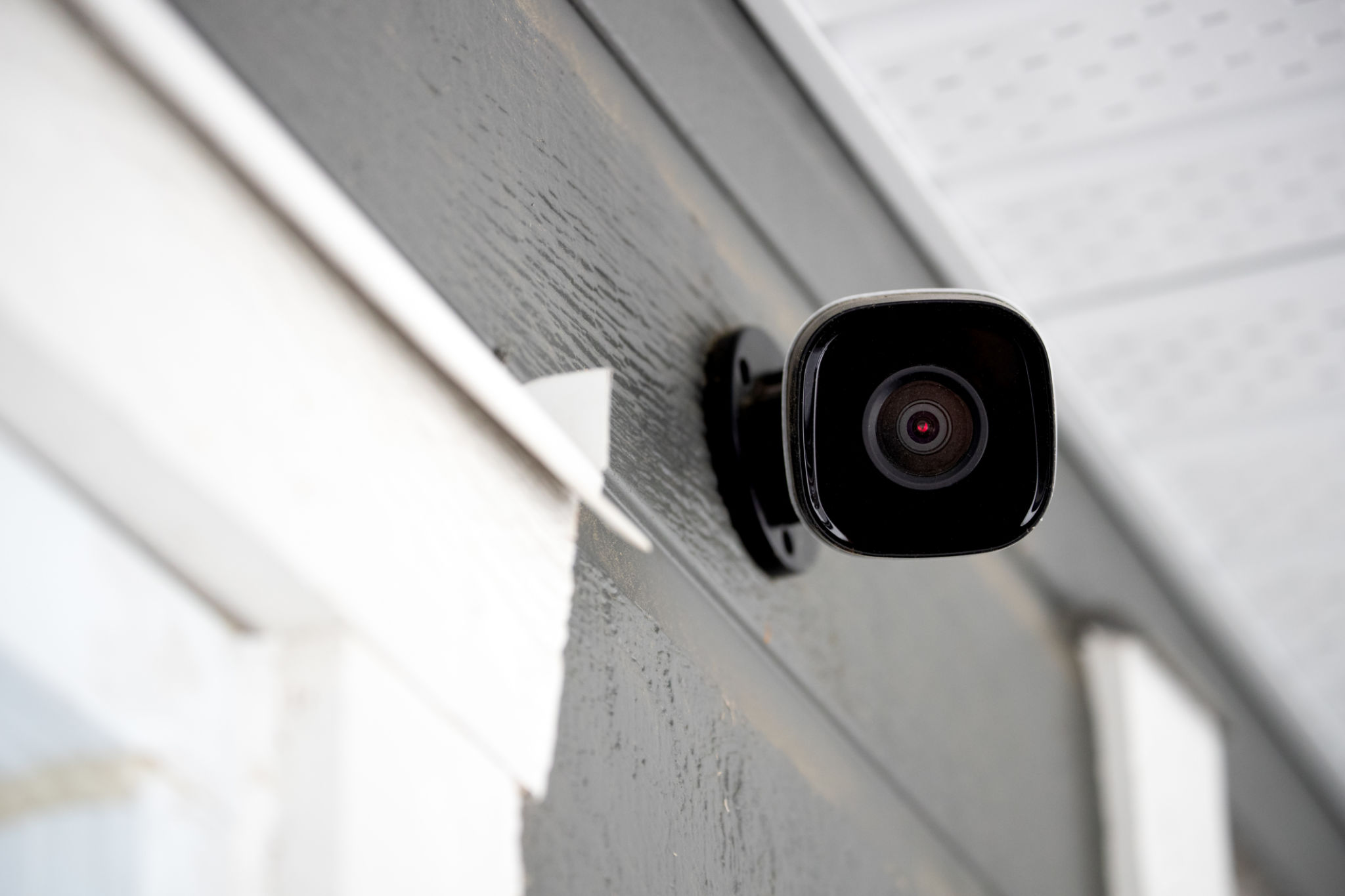Exploring Singapore's Smart Home Technologies: Enhancing Modern Living
Introduction to Smart Home Technologies in Singapore
Singapore, a global leader in technology and innovation, has embraced the concept of smart homes with open arms. As the nation continues to advance technologically, smart home technologies are playing a significant role in enhancing modern living. From energy-efficient solutions to home automation, Singapore's smart home landscape is evolving rapidly, offering residents an unprecedented level of convenience and efficiency.
The integration of smart home technologies in Singapore is not just about luxury; it's about creating a seamless living experience that aligns with the nation's vision of a smart city. With government initiatives supporting digital transformation, Singapore is setting an example for other countries in adopting these cutting-edge solutions.

The Role of IoT in Smart Homes
The Internet of Things (IoT) is a cornerstone of smart home technology. In Singapore, IoT devices are transforming everyday household items into intelligent devices that communicate with each other. From smart thermostats that learn your temperature preferences to lights that can be controlled remotely, IoT is making homes more interactive and adaptive.
One of the most significant benefits of IoT in smart homes is energy management. With real-time data on energy consumption, homeowners can make informed decisions to reduce their carbon footprint while lowering utility bills. This not only supports environmental sustainability but also aligns with Singapore's commitment to becoming a greener nation.

Security and Surveillance
Smart home security systems have become increasingly popular in Singapore, providing homeowners with peace of mind. Advanced surveillance cameras, motion detectors, and smart locks are just a few of the technologies being integrated into homes. These systems offer remote monitoring capabilities, allowing users to keep an eye on their property from anywhere in the world.
Moreover, smart security solutions are equipped with features like facial recognition and real-time alerts, enhancing the level of security and control over one's household. This is particularly beneficial in a densely populated city like Singapore, where safety and privacy are paramount concerns for residents.

Smart Living Spaces
In Singapore, smart living spaces are designed to enhance comfort and accessibility. Voice-activated assistants like Amazon Alexa and Google Home have become household staples, simplifying everyday tasks such as setting reminders, playing music, or controlling other smart devices. These technologies are making homes more intuitive and responsive to the needs of their occupants.
Furthermore, smart appliances like refrigerators that monitor food supply and washing machines with remote operation capabilities add layers of convenience to daily life. As these technologies continue to evolve, they promise to transform how residents interact with their living spaces.

Challenges and Future Prospects
Despite the numerous advantages, there are challenges associated with the adoption of smart home technologies in Singapore. Issues such as data privacy, cybersecurity threats, and high initial costs can be barriers for some homeowners. As technology advances, addressing these concerns will be crucial to ensure widespread adoption.
Looking ahead, the future of smart home technology in Singapore is promising. With continuous advancements and government support, Singapore is well-positioned to lead the way in smart home innovation. As these technologies become more accessible and affordable, they will undoubtedly become an integral part of modern living in the city-state.
In conclusion, Singapore's commitment to fostering a smart home ecosystem reflects its broader vision as a global leader in technology and sustainability. By embracing these innovations, residents can look forward to a more efficient, secure, and connected way of life.
